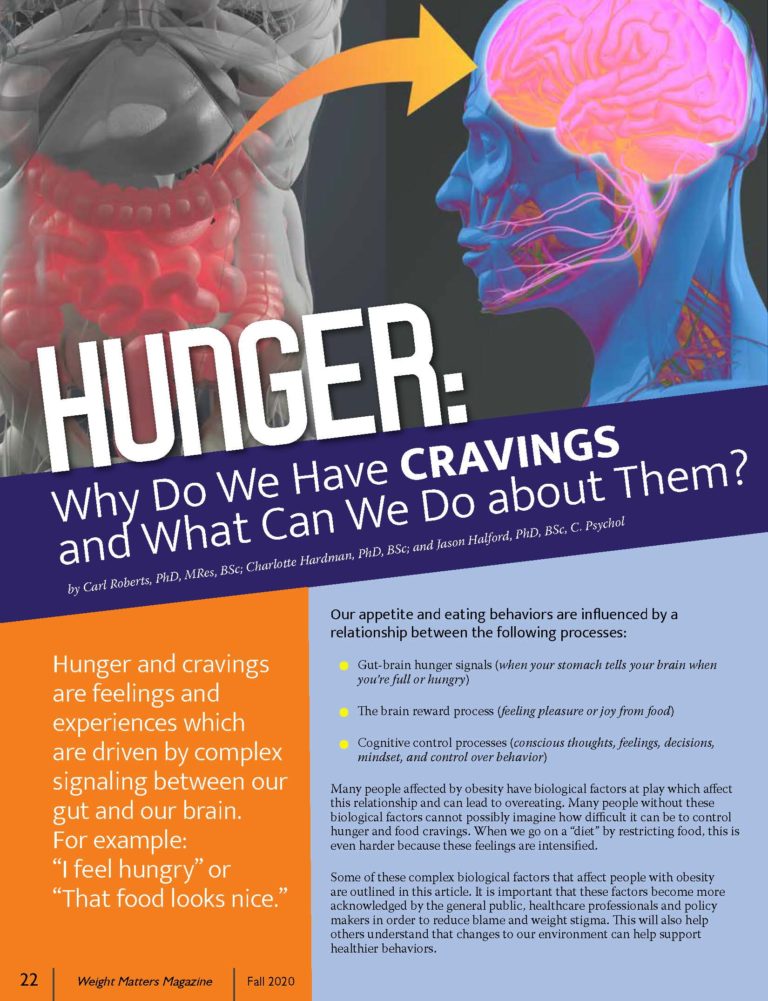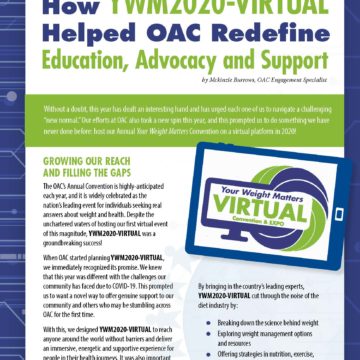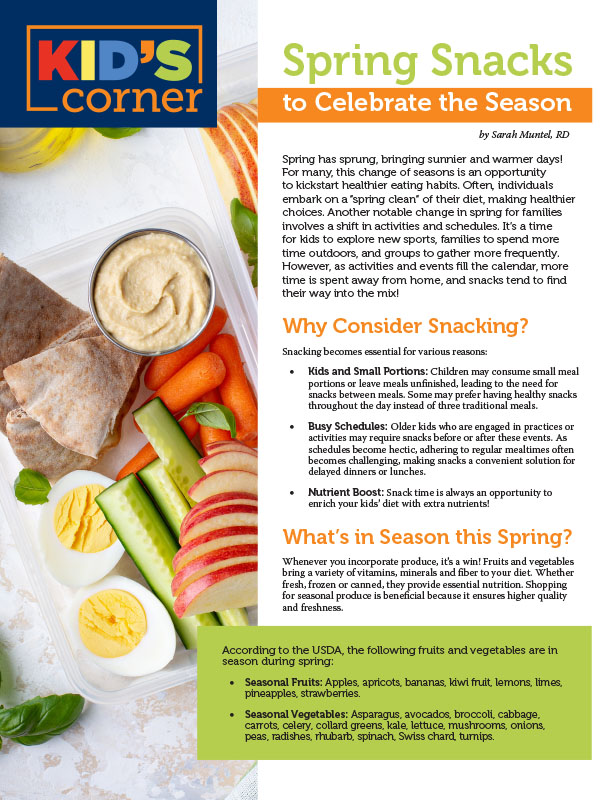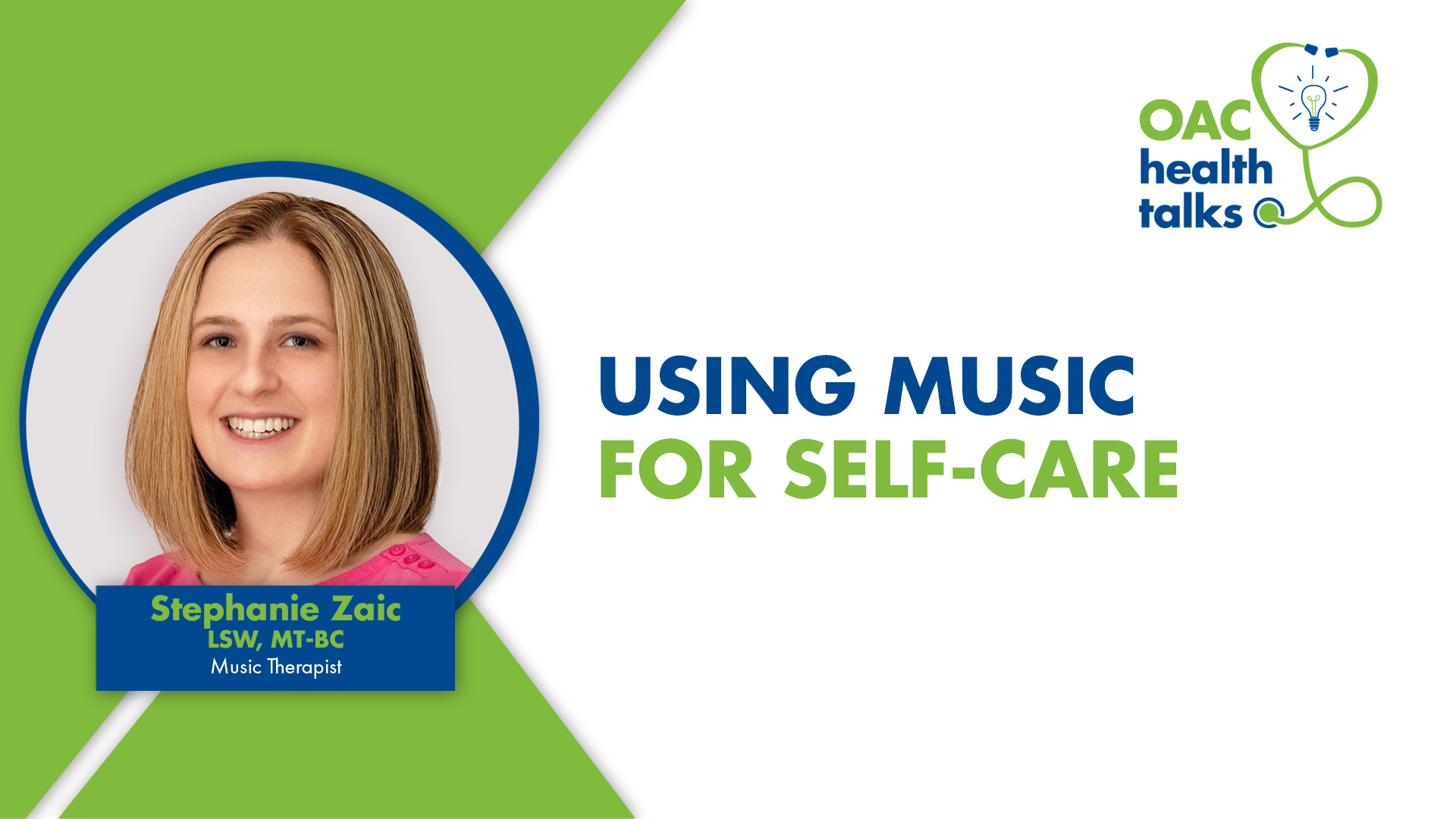Hunger: Why Do We Have Cravings and What Can We Do about Them?


by Carl Roberts, PhD, MRes, BSc; Charlotte Hardman, PhD, BSc; and Jason Halford, PhD, BSc, C. Psychol
Fall 2020
Hunger and cravings are feelings and experiences which are driven by complex signaling between our gut and our brain. For example: “I feel hungry” or “That food looks nice.”
Our appetite and eating behaviors are influenced by a relationship between the following processes:
- Gut-brain hunger signals (when your stomach tells your brain when you’re full or hungry)
- The brain reward process (feeling pleasure or joy from food)
- Cognitive control processes (conscious thoughts, feelings, decisions, mindset, and control over behavior)
Many people affected by obesity have biological factors at play which affect this relationship and can lead to overeating. Many people without these biological factors cannot possibly imagine how difficult it can be to control hunger and food cravings. When we go on a “diet” by restricting food, this is even harder because these feelings are intensified.
Some of these complex biological factors that affect people with obesity are outlined in this article. It is important that these factors become more acknowledged by the general public, healthcare professionals and policy makers in order to reduce blame and weight stigma. This will also help others understand that changes to our environment can help support healthier behaviors.
What is Hunger?
Hunger is essentially a psychological experience, or a feeling that results from complex signaling between our gut and brain. There are receptors throughout our digestive tract which detect the presence of nutrients. When there are not enough nutrients in our digestive system, hunger hormones are produced which send a signal to the hypothalamus – the part of the brain that controls hunger and thirst. This then increases our appetite and makes us want to eat.
The same is true for what happens during a meal. When we eat, nutrients in the gastrointestinal (GI) tract produce hormones that communicate with the hypothalamus. They tell the hypothalamus to produce:
- Neuropeptides, which are molecules that influence the activity of the brain and body.
- Cocaine and Amphetamine-Regulated Transcripts (CART), which are proteins that suppress hunger. CART affects our sense of reward, stress and eating behaviors.
During a meal, hormones also produce signals when we start to experience fullness while eating. Other times, hormones are produced after the meal when we experience fullness and don’t feel any more desire to eat.
Short-term Hunger
In response to food or a lack of food, the body also created short-term hunger signals. These short-term signals are controlled by longer-term signals from the neuroendocrine system which makes and releases hormones. Examples of longer-term signals include insulin (secreted by the pancreas) and leptin (secreted by fat stores in the body). These longer-term signals control how responsive the brain is to short-term signals.
However, when we gain weight, our brains become less sensitive to leptin and insulin. This reduces the impact of fullness hormones and causes us to feel hunger.
It is important to note that this complex hunger signaling system varies among everyone because of our individual makeup and biology. It’s also only one of many factors that affect appetite. However, this is one system where people affected by obesity may be more biologically likely to struggle with overeating.
Food is Rewarding
The physiological explanation of hunger outlined in this article doesn’t consider other factors that affect eating behavior. They include psychological factors such as the enjoyment and pleasure of eating. So, while our bodies have an impressive gut-brain system that affects hunger, these signals alone are unable to prevent weight gain in our modern environment.
Palate and pleasure are some of the most powerful motivators of our drive to eat. The rewarding nature of food can easily overtake fullness signals and make it harder to resist temptation.
Food is essential to our survival. Because of this, we have created a system that constantly puts us around food sources, making us want food and often encouraging us to overeat.
For example, let’s look at two key parts of our brain’s food reward system:
- The endocannabinoid system – A system of signaling molecules whose main function is to help the body maintain homeostasis, or a stable internal state. This system affects mood, appetite, stress, sleep and more.
- The opioid system – A system in our brain that controls pain, reward and addicting behaviors.
Both of these systems are involved in “wanting” and “liking” foods, which ramp up our desire to get food and give us pleasure while eating. Many parts of these systems overlap in the part of our brain that controls motivation and reward. As a result, they can have powerful effects on our desire for food, our cravings, and our enjoyment of food. When we eat foods that are high in fat, salt and sugar, the systems mentioned above increase activity in the brain. In some people, these systems may be more active and result in a stronger motivation to eat.
Cravings and Responses to Food
A food craving is an intense desire for a particular food. Some of the most highly-craved foods are high in fat, salt and sugar. They include foods like chocolate, ice cream, French fries, pizza and cookies. Research has shown that there are differences in brain activity between people who crave foods regularly and those who don’t. For example, brain imaging studies have found that chocolate cravers show greater activity in brain-reward areas when they see or taste chocolate compared to those who don’t crave chocolate.
People affected by obesity also tend to be more reactive to food cues that include:
- Pictures and videos of food (advertisements, commercials)
- Sights and smells of real food
Being exposed often to food cues can also trigger cravings. Cues and cravings can significantly influence eating behavior and weight gain. The same brain imaging studies also suggest that in people with obesity, the brain shows more activity and greater reward when they are presented with images of food.
In addition, having obesity can make someone more likely to notice and respond to the sight and smell of food. This can make it harder to control appetite when there are so many environmental cues encouraging us to overeat. Plus, when we go on diets and restrict the amount of food we eat, all of these cravings and desires are intensified. That tells us that maintaining healthy eating behaviors in our modern environment, which promotes weight gain, can be extremely difficult! In order to resist food, we have to have constant conscious control over incredibly powerful forces that drive us to eat.
Cognitive Control
Despite how complex the brain is when it comes to hunger and cravings, we do have some conscious control of our eating behavior. It’s called cognitive control, and it helps us decide when not to respond to food cues and hunger signals. However, cognitive control can be really tough to do when we are hungry, stressed or in a certain mood.
When it comes to weight management, “dietary restraint” is a word used often that refers to conscious efforts to reduce and control how much we eat. However, being able to restrain from food and manage weight is strongly influenced by factors like stress and mood. Being constantly exposed to stressful life situations makes us more likely to reach for foods that are rich with sugar and fat.
Being in a low mood can also affect cognitive control and make us more likely to fall back into coping strategies like emotional eating. When we find this happening to us, it often makes us feel like we have failed. So, we lose confidence in our ability to stick with our diet, which increases our low mood and leads to a vicious eating cycle.
So What Can We Do?
- Understand that there are powerful biological and environmental forces that trigger us to overeat. You shouldn’t feel inferior if you are struggling with food and weight.
- Inform and educate health care professionals, policymakers and the general public about the complexity of obesity in order to erase blame and weight stigma.
- You DO NOT have low self-control. There are biological, psychological and environmental factors that affect self-control. These factors can strike at any time and affect our ability to control food choices.
- Identify and reduce tempting situations. For example, if you don’t need anything from the baking aisle at the grocery store, try not to walk down it.
- Try to reduce stress and develop alternative coping strategies that don’t involve food and drinks. For example, go on a walk or spend time in nature.
- Set realistic food and weight-loss goals. Achieving small goals will improve your confidence and mood, which can also improve your cognitive control and behaviors. Setting unrealistic goals will have the opposite effect.
- If you do lapse, be kind to yourself and use it as a learning opportunity. You are not a failure and you have no reason to feel guilt. You are doing well in the face of many obstacles.
- Give yourself credit for achieving food-related goals.
- Remember, you are not alone!
About the Authors:
Carl Roberts, PhD, MRes, BSc, is a lecturer in psychology at the University of Liverpool. He is a neuropsychopharmacologist working in the appetite and obesity research group.
Charlotte Hardman, PhD, BSc, is a senior lecturer in psychology at the University of Liverpool. Her research focuses on the biopsychology of appetite control and eating behavior as well as the application of this knowledge to interventions for healthy diets.
Jason Halford, PhD, BSc, C. Psychol, is head of the School of Psychology at the University of Leeds; President Elect of the European Society for the Study of Obesity (EASO); and a board member of the European Coalition for People Living with Obesity (ECPO). He is a psychologist with interests in eating behavior, appetite, mental health, food inequities, the food environment and weight stigma.
by Sarah Muntel, RD Spring 2024 Spring has sprung, bringing sunnier and warmer days! For many, this…
Read Articleby Kendall Griffey, OAC Communications Manager Spring 2024 We have officially kicked off Your Weight Matters Regional…
Read ArticleDid you know that stress can have an impact on weight? Many people increase their food intake…
View Video









